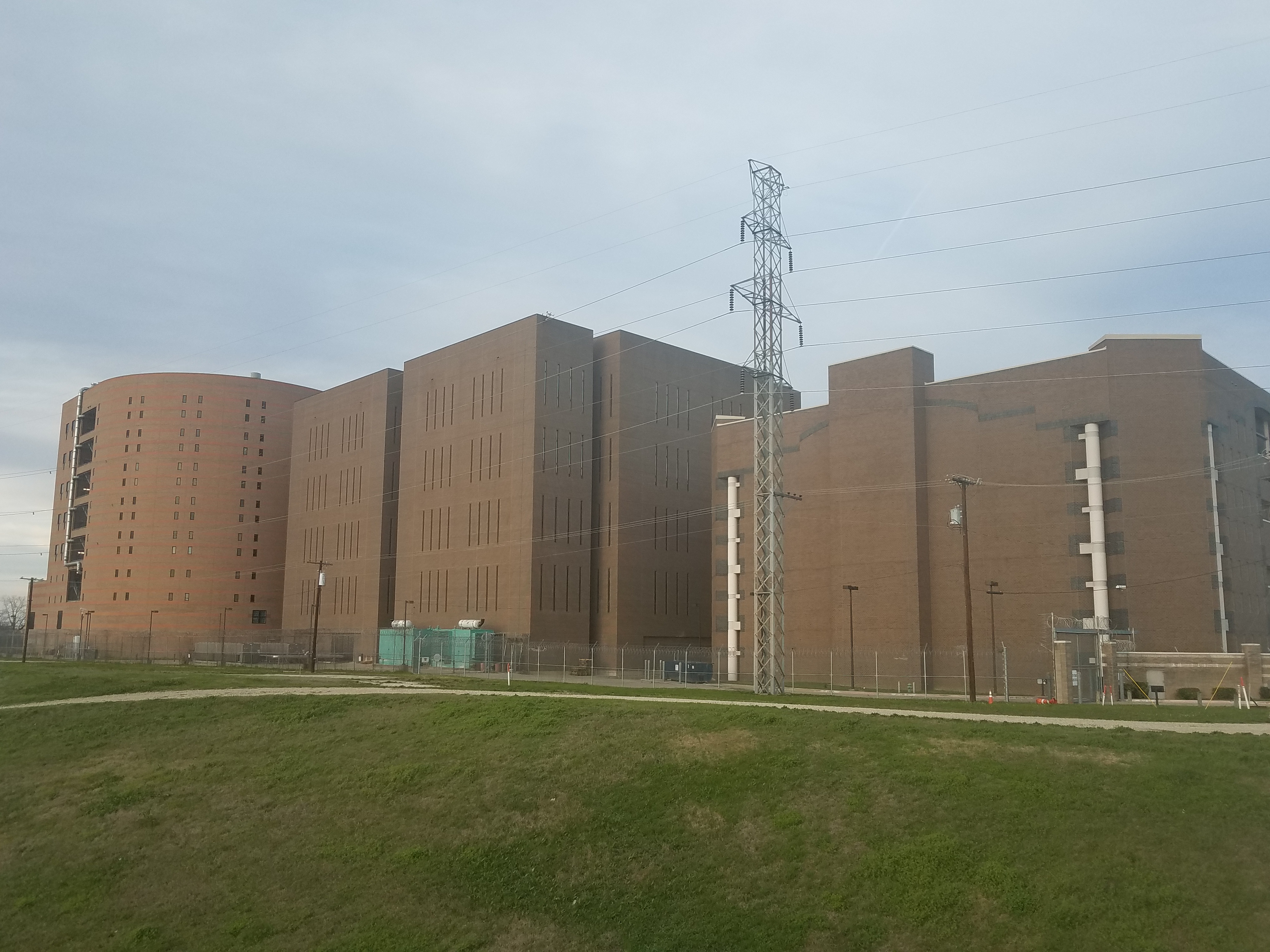This week the Dallas County Commissioner’s Court will meet, and, in between the bill paying and the updates about the county’s COVID-19 response, the body will discuss the game plan for the upcoming midterm election.
There’s a laundry list of to-do items, but one issue raised last week by Dallas County Judge Clay Jenkins is likely to be on the agenda: making sure those awaiting trials (or serving jail time for misdemeanor offenses) have the opportunity to vote.
“The United States Supreme Court has already acknowledged that pre-trial detainees still have a constitutional right to vote if they are otherwise eligible, and that local governments must give them the means to do so,” Jenkins wrote in a piece on the progressive news site Texas Signal. “Denying thousands of Dallas County voters the opportunity to cast their ballot, as we have done for so long, is wrong, and we need to fix it.”
Jenkins said he would be pushing the Commissioner’s Court to open a polling place at the Dallas County Jail in time for the November midterm election.
Dallas County wouldn’t be the first in Texas to do so (Harris County did in 2021), but advocates say the current practice, which provides absentee ballots to pretrial detainees, doesn’t work for a variety of reasons, including the fact that some enter the jail after the deadline to apply for a ballot but before having the opportunity to vote.
“Of the approximately 6,500 people in the Dallas County Jail, over 70 percent are detained pretrial, while others are incarcerated for misdemeanor convictions,” the ACLU and other advocacy groups wrote in a letter to Dallas County Sheriff Marion Brown last month. “These are thousands of potential voters who are eligible and have a legal right to vote.”
When the idea was first suggested in Harris County, early opposition centered on the requirement that all polling places be open to the general public. The county got around that by having voting booths on both the secured and unsecured sides of the jail.
But simply providing access doesn’t mean that jailed voters will feel comfortable voting. Incarcerated people don’t have photo IDs, which means they will need to fill out a reasonable impediment declaration. The form only provides a handful of reasons that someone might not have an ID, and none of them really fit the circumstance of being in jail without access to it. That, advocates say, can make some hesitant to fill the form out for fear they’d end up being charged with voter fraud.
“This is going to be an issue in improving the administrative access to voting for incarcerated residents, particularly when we’re successful at ending felony disenfranchisement, but also in the midst of this era where the Texas attorney general and other voter suppressive elected officials are actively prosecuting the most marginalized, including people in criminal custody,” Nicole Porter, the director of advocacy with the Sentencing Project, told the Tennessee Lookout.
Jenkins may also face objections from commissioners like John Wiley Price, who told the Dallas Morning News in August that the 96 inmates who voted last year in Harris County (out of 8,000 who were eligible to vote) didn’t motivate him to put a polling place in the Dallas County Jail.
“I’m supposed to give the energy, when I’ve got 400,000 people out there with voter registration cards who aren’t voting? And I’m gonna go fishing for 50 or 100 people? Are you kidding me?” he said. “Fish where there are fish.”
Prison policy advocates say that it’s not a matter of quantity but of constitutional access to the polls for pretrial detainees, who may be sitting in jail simply because they can’t afford bail, for instance. Advocates also point to people who are serving sentences for misdemeanors, who are also often still eligible to vote. In particular, that impacts Black and Latino populations, who make up about 30 percent of the U.S. population but account for 52 percent of the country’s jail population, the Sentencing Project notes.
“That is creating a system where if you are rich enough, you can access your right to vote, because you’ll be able to get out of pretrial detention,” Sylvia Albert of Common Cause told the Center for Public Integrity. “And if you aren’t rich enough, then you can’t access your right to vote.”
The Dallas County Commissioner’s Court will meet at 9 a.m. Wednesday.
Get the D Brief Newsletter
Author





